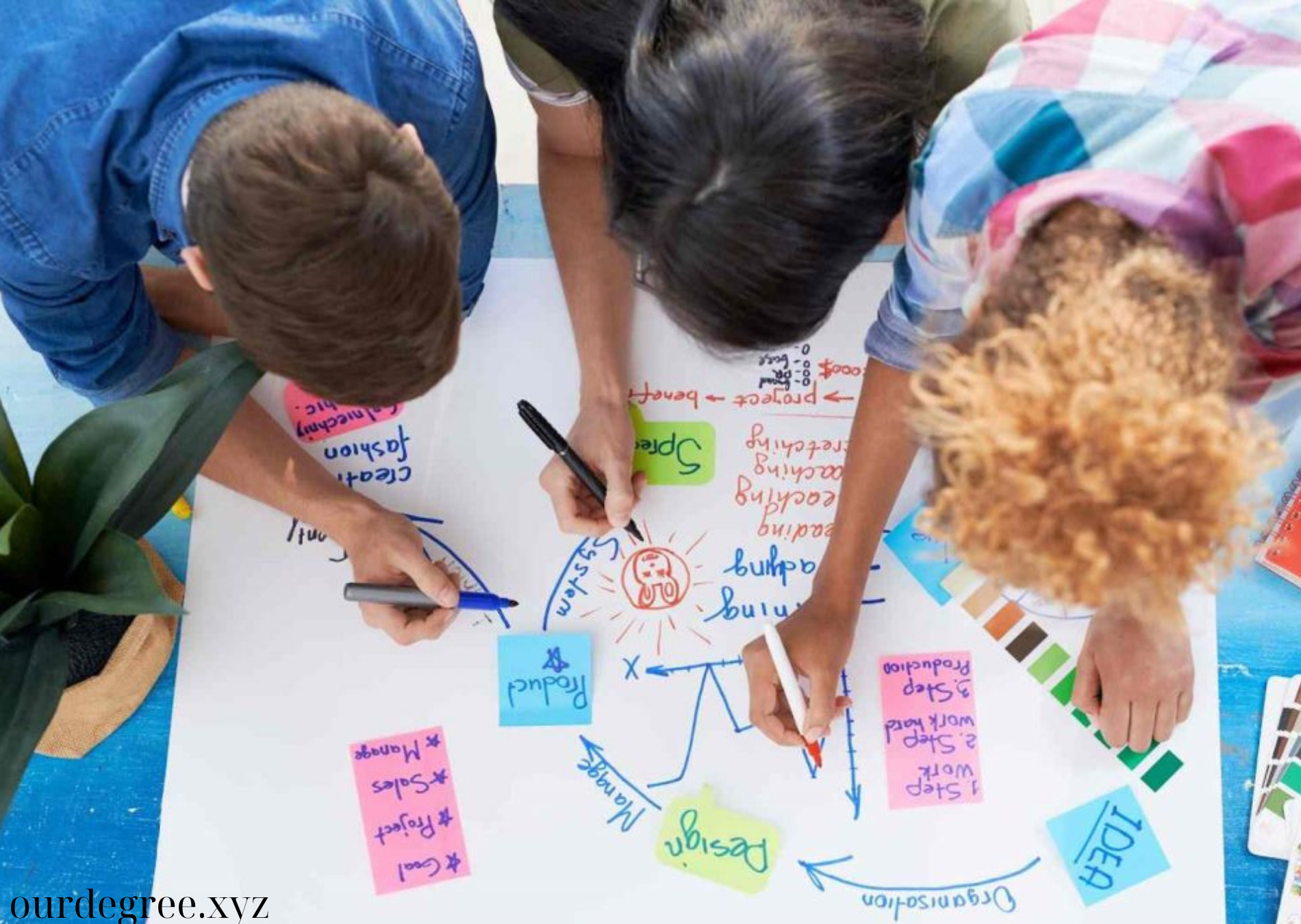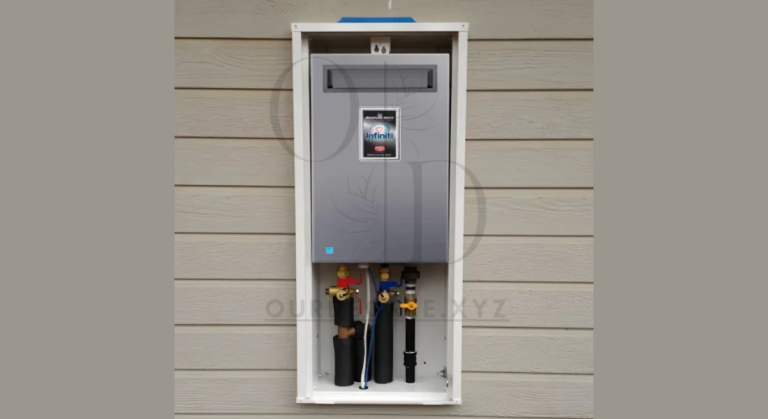Premium Early Childhood Education Programs for a Strong Start in Learning

Early childhood education plays a pivotal role in shaping a child’s future academic and personal success. Premium early childhood education programs are designed to provide a comprehensive foundation for young learners, focusing on holistic development, individualized attention, and engaging learning experiences. These programs incorporate advanced pedagogical approaches and resources to foster cognitive, social, emotional, and physical growth during the critical early years. This guide explores the top features of premium early childhood education programs for 2024, highlighting strategies and benefits that ensure a strong start in learning.
Key Highlights
- Holistic Development Approaches: Emphasizing the balanced development of cognitive, social, emotional, and physical skills through a well-rounded curriculum.
- Individualized Learning Plans: Tailoring educational experiences to meet each child’s unique needs, interests, and developmental stages.
- Engaging and Interactive Curriculum: Implementing creative and interactive learning activities that stimulate curiosity, creativity, and critical thinking.
- Qualified and Nurturing Educators: Employing experienced educators who provide a supportive and nurturing environment to foster positive learning experiences.
- Parental Involvement and Communication: Encouraging active parental participation and maintaining open communication to support each child’s growth and development.
Holistic Development Approaches: Nurturing the Whole Child
Premium early childhood education programs focus on holistic development, addressing various aspects of a child’s growth:
- Cognitive Development: Programs incorporate activities that promote problem-solving, language acquisition, and early literacy and numeracy skills. Interactive games, puzzles, and hands-on learning experiences stimulate cognitive growth.
- Social and Emotional Development: Social skills are developed through group activities, cooperative play, and structured social interactions. Programs also emphasize emotional regulation, empathy, and self-awareness through guided discussions and role-playing.
- Physical Development: Activities that support fine and gross motor skills are integrated into the curriculum. Activities such as drawing, building, and outdoor play help enhance physical coordination and strength.
- Creative Development: Encouraging artistic expression through music, dance, drama, and visual arts fosters creativity and imagination. These activities help children explore and express their ideas in diverse ways.
Individualized Learning Plans: Tailoring Education to Each Child
Individualized learning plans ensure that educational experiences are suited to each child’s unique needs and developmental stage:
- Assessment-Based Personalization: Regular assessments are conducted to understand each child’s strengths, challenges, and learning style. This information guides the creation of personalized learning plans that address specific needs.
- Flexible Learning Activities: Programs offer a range of activities and materials that cater to different learning preferences and developmental levels. Children can choose activities that align with their interests and abilities.
- Goal Setting and Monitoring: Individual learning goals are set for each child, and progress is monitored regularly. Educators adjust learning plans based on observations and assessments to support continuous growth.
- Support for Diverse Needs: Specialized support is provided for children with different learning needs, including those with developmental delays, language barriers, or other challenges. Customized interventions are implemented to ensure inclusive learning environments.
Engaging and Interactive Curriculum: Sparking Curiosity and Learning
An engaging curriculum is essential for stimulating young learners and fostering a love for learning:
- Play-Based Learning: Incorporating play into the curriculum allows children to explore concepts and skills through hands-on experiences. Play-based learning promotes active engagement and enhances retention.
- Thematic Units and Projects: Thematic units that revolve around topics of interest, such as animals, seasons, or community helpers, provide context for learning and make educational experiences more meaningful.
- Interactive Technologies: Utilizing age-appropriate educational technologies, such as interactive whiteboards and learning apps, enhances engagement and supports various learning styles.
- Experiential Learning: Field trips, nature walks, and guest speakers offer real-world experiences that enrich the curriculum and connect learning to everyday life.
Qualified and Nurturing Educators: Creating a Supportive Environment
Experienced and nurturing educators are crucial for delivering high-quality early childhood education:
- Expertise and Training: Educators are trained in early childhood development and employ evidence-based teaching practices. They are skilled in creating a supportive and stimulating learning environment.
- Emotional Support: Educators provide emotional support and encouragement, fostering a positive and safe environment where children feel valued and confident.
- Positive Reinforcement: Positive reinforcement strategies are used to acknowledge and celebrate children’s efforts and achievements, promoting self-esteem and motivation.
- Professional Development: Ongoing professional development ensures that educators stay current with best practices and emerging trends in early childhood education.
Parental Involvement and Communication: Partnering for Success
Active parental involvement and effective communication between educators and families are key components of successful early childhood education programs:
- Regular Updates: Educators provide regular updates on children’s progress, milestones, and areas of focus. This communication helps parents stay informed and engaged in their child’s learning journey.
- Parent-Teacher Conferences: Periodic conferences are held to discuss children’s development, set goals, and address any concerns. These meetings foster collaboration between parents and educators.
- Workshops and Resources: Programs may offer workshops and resources for parents to support their child’s learning at home. These resources provide practical strategies and tools for reinforcing skills and concepts.
- Family Involvement Activities: Opportunities for family involvement, such as events, volunteer opportunities, and family engagement activities, strengthen the connection between home and school.
Conclusion
Premium early childhood education programs offer a comprehensive approach to nurturing young learners and setting the stage for future success. By focusing on holistic development, individualized learning, engaging curricula, qualified educators, and active parental involvement, these programs provide a strong foundation for children’s cognitive, social, emotional, and physical growth. Embracing these advanced techniques and strategies ensures that young learners receive the highest quality education and are well-prepared for their academic and personal journeys.
FAQ
- What is the importance of holistic development in early childhood education? Holistic development addresses all aspects of a child’s growth, including cognitive, social, emotional, and physical development. It ensures that children receive a well-rounded education that supports their overall well-being and future success.
- How does individualized learning benefit young children? Individualized learning tailors educational experiences to each child’s unique needs, interests, and developmental stage. It ensures that instruction is relevant and effective, promoting better engagement and progress.
- What are the key components of an engaging early childhood curriculum? An engaging curriculum includes play-based learning, thematic units, interactive technologies, and experiential learning activities. These components make learning enjoyable and meaningful for young children.
- Why is the role of educators crucial in early childhood education? Educators create a supportive and stimulating learning environment, provide emotional support, and use evidence-based practices to facilitate children’s development. Their expertise and nurturing approach are essential for effective early childhood education.
- How can parents be involved in their child’s early education? Parents can be involved through regular communication with educators, attending parent-teacher conferences, participating in family engagement activities, and supporting learning at home with provided resources and strategies.



